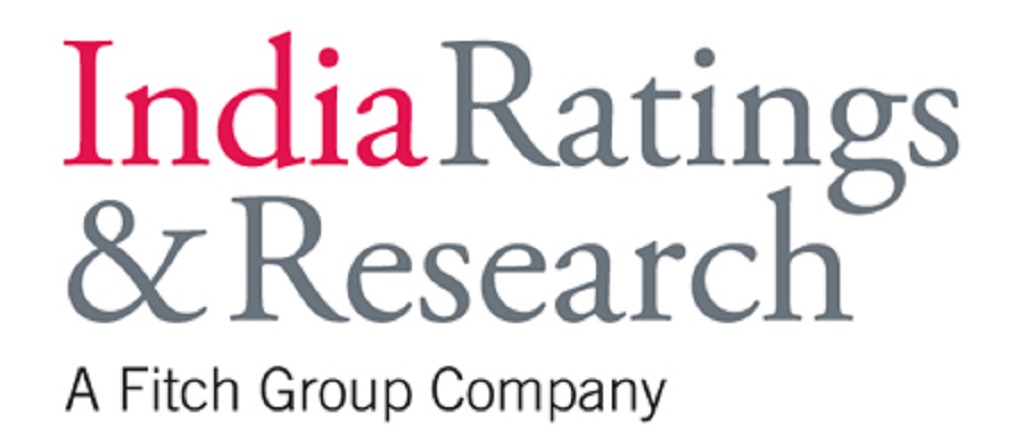By Sudarshan Shreenivas, Director, India Ratings & Research – A Fitch Group Company
Monday, January 04, 2015: Auto original equipment manufacturers (OEMs) of passenger vehicles (PVs) which primarily manufactured diesel vehicles in FY15 and FY14 are likely to align their production lines to petrol vehicles as consumer perception veers towards petrol vehicles in the current financial year, says India Ratings and Research (Ind-Ra). The temporary ban on registration of diesel PVs in NCR due to the higher emission problems coupled with the fall in the price differential between petrol and diesel is likely to adversely impact consumer perception towards diesel vehicles, which in turn may force auto OEMs which are predominantly in the diesel vehicles space to change their strategy. This is however unlikely to impact the credit profiles of auto companies, since most of them have been able to quickly adapt their production processes to switchover to the change in demand towards petrol vehicles. The larger concerns however are which way the policy and market fuel preferences are likely to head and the risk of a similar ban being imposed in other cities.
The prices of both fuels (average decline of 21% in petrol and 30% in diesel) have fallen in the last one year due to the decline in global crude prices. The prices of petrol vehicles are also on an average INR75,000-100,000 cheaper than their diesel variants. The financial implication to switchover for the Auto OEMs is not significant since they already have the capability to produce most models in petrol and diesel variants.
Ind-Ra believes that the Supreme Court’s (SC) temporary ban on the sale of large diesel cars in the National Capital Region (NCR) is unlikely to be an effective long-term strategy to curb emission in the country. The Supreme Court on 16 December 2015 has banned the registration of private diesel vehicles of engine capacity of 2000cc and above in the NCR till 31 March 2016. Ind-Ra understands that the regional transport office in the NCR has stopped registering even diesel vehicles of smaller engine capacity (based on discussions with auto OEMs), due to the fallout of the interim order dated 11 Dec 2015 of the National Green Tribunal banning the registration of all new diesel vehicles in the NCR. In response, auto OEMs have now approached the Supreme Court for clarity on the matter.
Ind-Ra believes the higher emission standards associated with Bharat Stage (BS) V norms (to be implemented from 2019 onwards) would ensure that diesel passenger vehicles (PVs) pollute far less than current permissible levels under BS IV. In case of particulate matter, the standard for BS V is 0.0045 g/km (0.025 g/km for BS IV), while for hydrocarbons and nitrous oxides combined; the standard is 0.23 g/km (0.30 g/km). The cost associated with the BS V higher emission standards are likely to be absorbed by the Auto OEMs in a phased manner. The BS norms are more or less equivalent to Euro emission grading. The auto fuel policy also estimated the capital cost for refiners across the country to upgrade to BS-V norms at around INR800bn.
These higher emission standards along with the compulsory fitment of compressed natural gas (CNG) kits for all auto rickshaws and private buses in Delhi (which has already been implemented) and compulsory adoption of CNG by private petrol taxis aligned with taxi aggregators (to be implemented from 1 April 2016) will also help to cut down on emissions significantly. Hence for the purpose of curbing vehicular pollution, simply banning the registration of diesel vehicles need not be implemented as a long term strategy.
There has been a tilt in sales towards diesel PVs from FY11 onwards, the proportion of diesel PVs sold showed a steady increase due to the decontrol of petrol prices from June 2010, which led to expansion of the price gap between the two fuels. In FY14 and FY15, sale volumes of diesel PVs in the country had overtaken those of petrol vehicles. In the current financial year, petrol PVs have begun to outsell diesel PVs (despite diesel prices being decontrolled in Oct 2014), due to the softening of global crude prices leading to a drop in prices of both fuels.
The companies for which traditionally diesel PVs accounted for the bulk of sales volumes are Mahindra & Mahindra Ltd (M&M ‘IND AAA/Stable’) and Tata Motors Ltd (TML). For both companies, the NCR accounts for less than 5% of sales volumes, hence the impact of the ban is not expected to be significant. Both companies have petrol alternatives in place across most models which would allow them to shift production to petrol models quickly. For instance, in case of TML, the Revotron family of engines has been developed for the Bolt and Zest platforms. Sales volume of these new PV models is made up of roughly 60% petrol vehicles. In case of other auto OEMs, given the lower contribution of diesel vehicle sales in their overall sales volumes, the impact on their credit profiles is not expected to be material.
The odd-even formula which is likely to be in the trail phase next year may be a more effective tool to curb emission and curtail the number of vehicles on the roads in Delhi. If implemented, it would have a far greater positive impact on vehicular emissions as compared to banning the registration of new diesel vehicles. Although the enforcement of such a regulation may pose some practical challenges.
The agency feels that increased use of car-pooling across metros over the long term, facilitated by various mobile applications launched for this purpose, could have a far greater impact on sales and credit profiles of auto OEMs in general, as compared with the ban of diesel PVs in the NCR.
